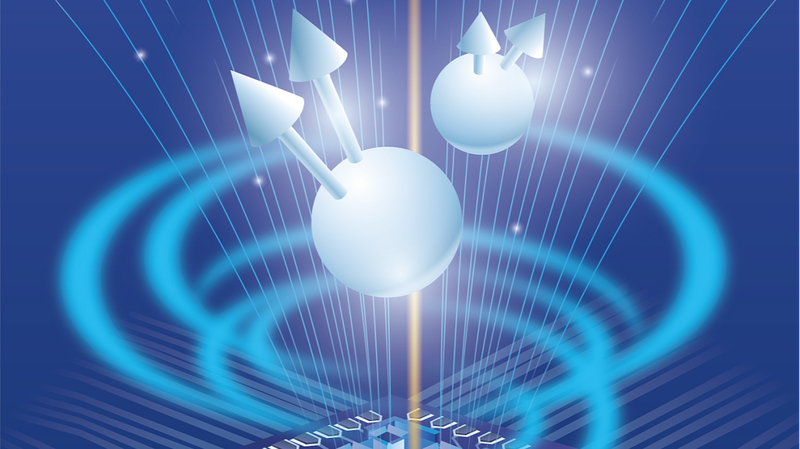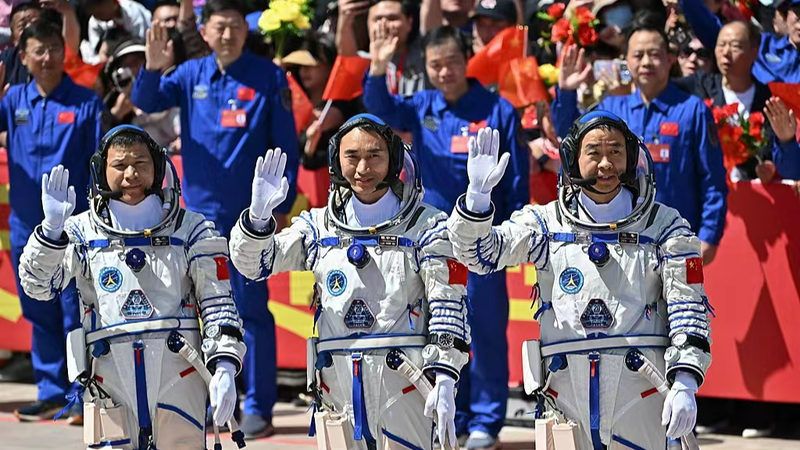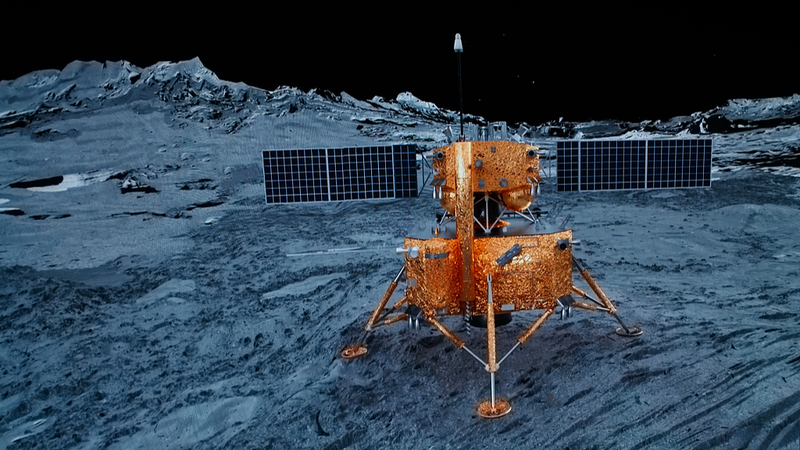In a groundbreaking achievement, a team of Chinese scientists has taken a giant leap in quantum physics by replicating a mind-boggling quantum phenomenon using photons instead of electrons. 🎉✨
The researchers from the University of Science and Technology of China (USTC) successfully simulated what's known as the fractional quantum anomalous Hall state—a phenomenon that has puzzled physicists for years. And they did it using an independently developed quantum experimental system! 🧪🔬
\"This breakthrough is expected to propel advancements in quantum physics research and quantum computing,\" said Pan Jianwei, a renowned Chinese quantum physicist and academician with the Chinese Academy of Sciences (CAS), at a press conference.
The USTC team, led by Pan and Lu Chaoyang, introduced a brand-new type of superconducting qubit called Plasmonium (how cool is that name?! 😎). For those not in the know, a qubit is like the quantum version of a bit—the basic unit of information in quantum computing.
By developing Plasmonium, they overcame limitations of traditional Transmon qubits. Plasmonium's higher anharmonicity (fancy word alert!) allows for stronger repulsion between photons. Plus, they created an artificial magnetic field for the photons using AC coupling, enabling the photons to accumulate a Berry phase as they travel around the lattice structure. In simpler terms, they've unlocked new ways to observe and manipulate quantum states! 🔐🔭
Their study was published in the prestigious journal Science on May 2. 🗞️📖
Chang Jin, vice president of CAS, emphasized the impact of this achievement: \"We hope that the development of quantum technology will continue to advance through the efforts of the global scientific community and international cooperation. By transforming the achievements of relevant basic research into key technologies that drive social progress and economic development, quantum technology will become the innovative force and source of new quality productive forces.\"
Global physics rockstars are also applauding the team's work. Peter Zoller, winner of the Wolf Prize in Physics, called it a \"remarkable achievement,\" adding that it's been one of the \"holy grails of quantum simulation\" pursued by labs worldwide. 🌍🏆
Not to be outdone, Nobel laureate Frank Wilczek praised the study as \"a very promising idea\" and \"a very impressive experiment\" representing \"a remarkable step\" in quantum information processing. 👏🎓
This exciting development not only pushes the boundaries of quantum physics but also opens doors for future innovations in quantum computing. Who knows? Maybe quantum smartphones aren't too far off! 📱🔮
Stay tuned, science enthusiasts—the quantum revolution is just getting started! 🚀🌠
Reference(s):
Chinese scientists make major breakthrough in quantum simulation tech
cgtn.com




